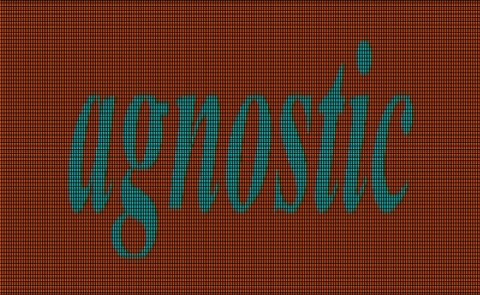
Liberalism is said to mean believing in liberality, which is generosity. Though generosity is a real virtue, it lies between opposite vices. The interesting question, then, is not whether you are in favor of liberality. Instead let us ask: How do you recognize and avoid covetousness on the one hand, and prodigality on the other?
Libertarianism is said to mean believing in liberty. But there is no such thing as liberty in general; there are only particular liberties, because every claim of liberty P entails denial of some liberty Q: If grown-ups have the liberty to kill babies, then babies lack the liberty to live. It isn’t helpful to know that you are for certain liberties, because everyone is. Which strictly defined liberties are you for?
Conservatism is said to mean desiring to conserve ancient goods. Yet even after telling us which ancient things are good, as a political stance conservatism is ambiguous. Is it your aim to conserve the ancient goods by means of the State, or in spite of the state?
Atheism is said to mean denying that God exists. But no one denies all gods, for in every human life, some object is given unconditional priority, and other things are chosen for its sake. It might be protested that people choose inconsistently, yet no one is completely inconsistent, for there is always a drift toward pursuing some things in preference to others. So the question for the atheist is this: Which gods do you mean to deny, and which one do you mean to affirm?
Agnosticism is said to means believing that the truth about the First Being is rationally unattainable. But to know God’s rational unknowability would be to know something about Him. Indeed, it would be to know a great deal about Him. One would have to know that even if He exists, He is infinitely remote, because otherwise one could not be so sure that knowledge about Him were rationally inaccessible. One would have to know that even if He exists, He is unconcerned with human beings, because otherwise one would expect Him to have provided the means for humans to know Him. One would have to know that this hypothetical being is completely unlike the Biblical portrayal of Him, because in that portrayal He does care about us and has already provided such means. So, in the end, the agnostic must claim to know quite a number of things about God just to prop up his claim to not knowing any. The question for him is this: How can he rationally justify his claim to know just those things?
Protestantism is said to mean protesting. What the Reformers protested is a matter of historical record: Luther, for example, protested the idea that being right with God requires anything more than sheer faith. What the latter-day heirs of the Reformers are protesting is far less clear. So for Protestants, the question is: What do you still consider so gravely, so certainly, and so irreparably wrong in Catholicism that it requires a continuing schism?
Since Catholicism is not universal in every sense – obviously, not everyone is Catholic -- I had thought of closing this post by asking in what sense Catholics claim catholicity. Alas for parallelism: The question would have fallen flat, because the Church has already answered it.
Don't overlook: Book Trailer